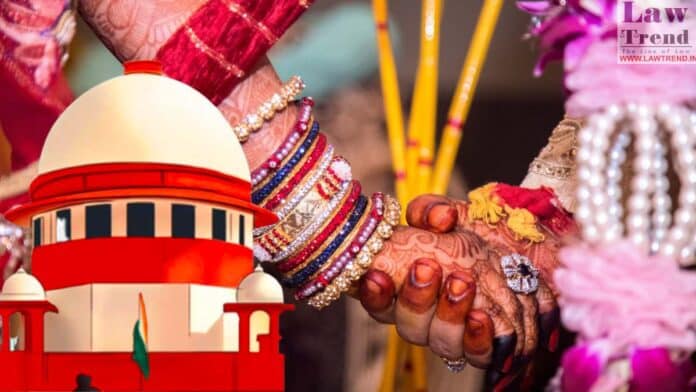The Supreme Court of India, in Marippan & Anr. v. State Represented by the Inspector of Police & Anr., has quashed criminal proceedings against two appellants, holding that forcing them to stand trial in the absence of any substantive evidence would amount to an “abuse of the process of the Court.” The Bench of Justice
To Read More Please Subscribe to VIP Membership for Unlimited Access to All the Articles, Download Available Copies of Judgments/Order, Acess to Central/State Bare Acts, Advertisement Free Content, Access to More than 4000 Legal Drafts( Readymade Editable Formats of Suits, Petitions, Writs, Legal Notices, Divorce Petitions, 138 Notices, Bail Applications etc.) in Hindi and English.




